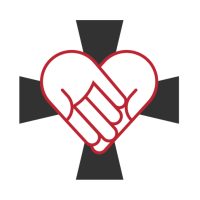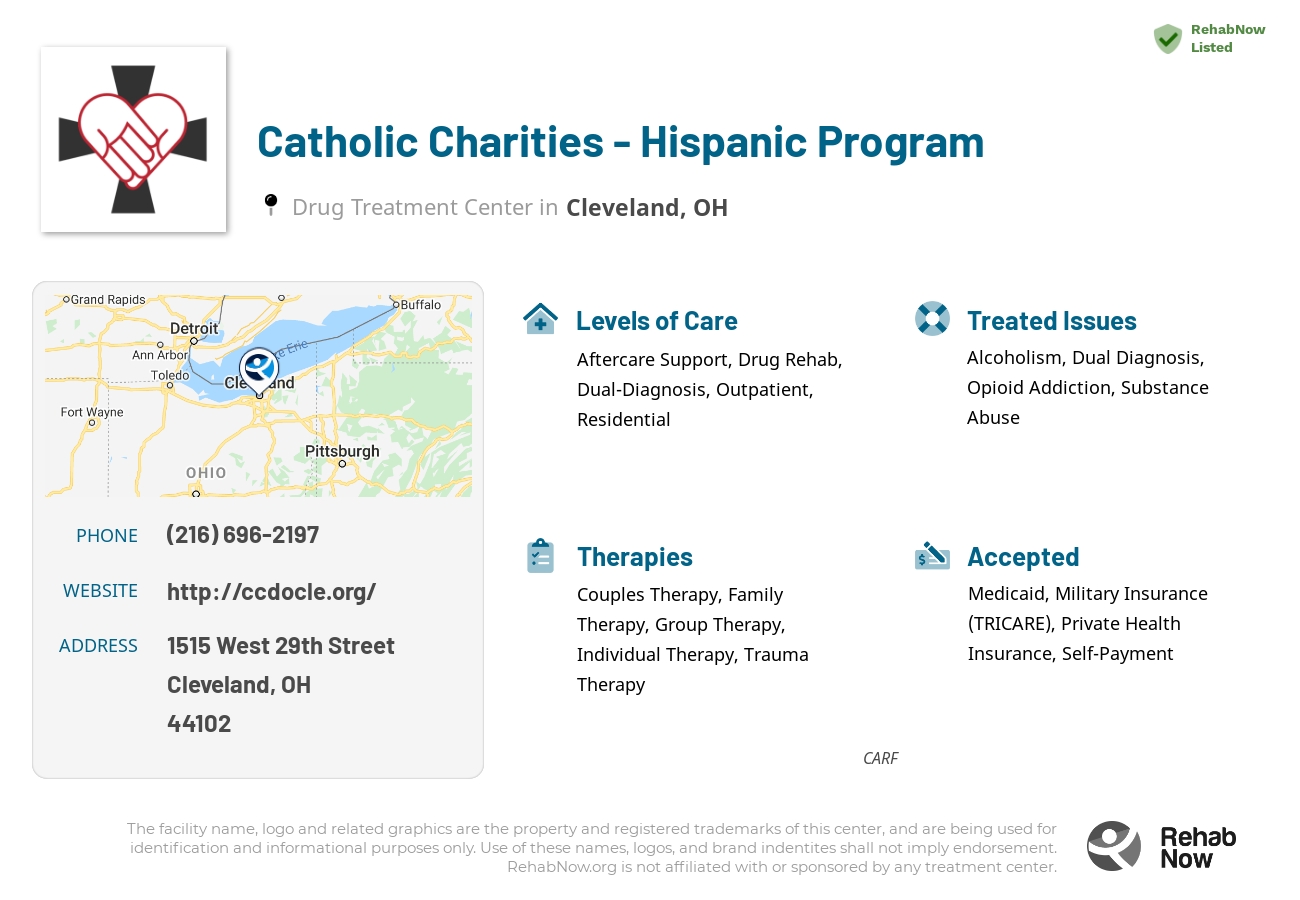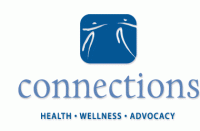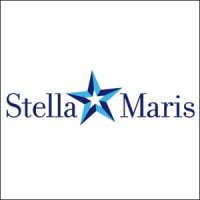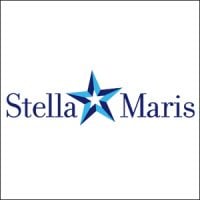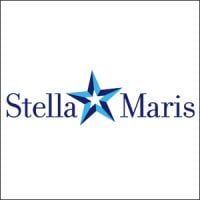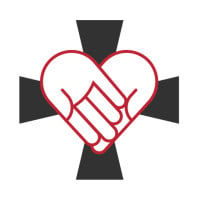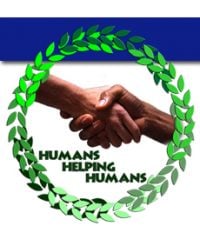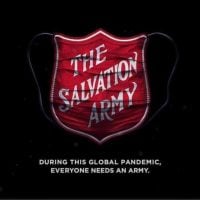About Catholic Charities - Hispanic Program in Ohio
Catholic Charities - Hispanic Program is an addiction treatment facility in Cleveland, Ohio that provides compassionate and comprehensive care to individuals struggling with substance abuse, addiction, and dual diagnosis. Their facility provides a range of services from aftercare support and drug rehab, to residential and outpatient levels of care. The staff at Catholic Charities - Hispanic Program works to provide individuals suffering from addiction with the necessary support and tools to help them take control of their lives and overcome their addictions.
Catholic Charities - Hispanic Program offers a variety of services designed to treat addiction and substance abuse. These include counseling and psychosocial treatment, individual and group therapy, and family and community education and support. They also provide various life skills and relapse prevention classes. On top of this, they offer comprehensive dual diagnosis treatment specifically tailored to the needs of their clients. The facility is accredited by the Commission on Accreditation of Rehabilitation Facilities (CARF) and is affiliated with Catholic Charities Diocese of Cleveland. With the wealth of services they provide, Catholic Charities - Hispanic Program stands out as an excellent option for those seeking addiction treatment.
Genders
Ages
Modality
Additional
Accreditations

CARF
The Commission on Accreditation of Rehabilitation Facilities (CARF) is a non-profit organization that specifically accredits rehab organizations. Founded in 1966, CARF's, mission is to help service providers like rehab facilities maintain high standards of care.
Conditions and Issues Treated
Substance abuse creates problems that affect people in Cleveland, OH on many levels. First, substance abuse affects the individual who is abusing drugs or alcohol. This can result in health problems, including heart damage and overdose. Substance abuse also affects the user’s family, friends, co-workers, classmates, or peers. These people feel frustrated because they do not know how to help their loved ones struggling with addiction. At the same time, the addict cannot control his behavior. Lastly, friends and family members of addicts are affected financially by substance abuse.
The good news is that effective treatments can help prevent substance abuse or treat its effects on the user. These treatments, which include behavioral therapy and counseling sessions, target the underlying causes of substance abuse, helping users achieve sobriety so they can regain control over their lives. They also teach users to cope with stress in ways other than using drugs or alcohol.
Opioid addiction has become a significant health problem in the United States. When a person’s life becomes unmanageable because of an opioid addiction, treatment can help them get sober. Treatment includes medical care and counseling.
“With so many people struggling with opioid addiction, we need more care and attention for those who want to quit. Opioid addicts often take opioids when they experience a painful injury – that’s how the cycle starts! When someone begins taking their medication differently than prescribed or takes an excessive amount of drugs, it means they’re hooked on drugs and in danger of overdosing.
The most successful way to beat this is through detoxing from these types treatments at Catholic Charities - Hispanic Program in . Most facilities start by using medical support during the process while providing counseling services; rehabilitation comes later on after treatment has been completed successfully.
A “dual diagnosis” is when the individual has two medical issues at the same time. The top co-occurring mental disorders with addiction are depression, anxiety, ADHD, bi-polar disorder. Addiction is also considered a mental illness that is not a choice but rather a medical condition. Addiction can be caused by any number of underlying issues.
Dual diagnosis is provided by Catholic Charities - Hispanic Program to treat addictive tendencies as well as any untreated mental illnesses. This ensures successful long term health and recovery for patients after treatment has been completed.
Dual diagnosis is provided by Catholic Charities - Hispanic Program to treat addictive tendencies as well as any untreated mental illnesses for people in Ohio. This ensures successful long term health and recovery for patients after treatment has been completed.Levels of Care Offered
This center offers a variety of custom treatment tailored to individual recovery. Currently available are Aftercare Support, Drug Rehab, Dual-Diagnosis, Outpatient, Residential, with additional therapies available as listed below.
Outpatient programs at Catholic Charities - Hispanic Program, the Cleveland resident can live with their family while continuing with their job or studies. Treatment includes educating the patient on drug abuse, medications, and counseling sessions at the individual or group level. Outpatient treatment plans cover diagnosis, detoxification, management, and counseling. They are a popular option for those who have graduated from inpatient facilities.
Residential treatment programs are those that offer housing and meals in addition to substance abuse treatment. Rehab facilities that offer residential treatment allow patients to focus solely on recovery, in an environment totally separate from their lives. Some rehab centers specialize in short-term residential treatment (a few days to a week or two), while others solely provide treatment on a long-term basis (several weeks to months). Some offer both, and tailor treatment to the patient’s individual requirements.
Without aftercare support, addicts can easily relapse back into addiction. It is crucial to integrate the addict back into society. Aftercare support should take place after outpatient treatment has ended.
There are a few different types of aftercare support that patients can seek after completing an inpatient treatment program:
- 12 Step Self-help groups (AA, NA)
- Therapeutic communities,
- Long-term, structured sober living arrangements
- Halfway houses (residential treatment centers)
Many different support groups exist for addicts to seek help after treatment. Some are more effective than others, depending on the person’s addiction, background, and other factors.
Therapies & Programs
Individual therapy is a form of counseling where you meet with a trained professional one-on-one. Meeting with a therapist in this setting allows for a personal and trusting relationship to be built. This allows the patient to open up about sensitive or private issues they may not feel comfortable discussing in a group. Individual therapy helps identify the root causes of your addiction, which can help prevent relapse.
Couples therapy for drug addiction is a unique form of therapy that allows family members to work through the emotional issues of their loved one’s addiction together. Family members can support each other while learning how to cope with the addiction and encourage healthy changes. The two will work with a therapist to learn how the addiction affects themselves and the relationship.
Family therapy is often done alongside drug treatment to help addicts stay sober. The goal of family therapy for drug addiction is to create an environment where communication can happen without judgment, hostility, or blame. The therapist will sit with the family so they can learn how to communicate differently and provide new tools for dealing with emotions so that people don’t want to drink or do drugs. It’s important for families to focus on relapse prevention plans during treatment so that if the addict feels like they want to use again, they’ll know what steps they need to take together to prevent it from happening again in the future.
Group therapy sessions are another common addiction recovery service. These group sessions typically involve six to 12 addicts who meet regularly with a trained professional for support and guidance.
During these sessions, the group shares their experiences with one another and provides feedback that can help each member avoid relapse or overcome specific obstacles they are facing in their recovery process. With this type of support and guidance, addicts can feel like they are part of a community that understands their struggles and will help them get through the hard times.
Many people struggling with drug addiction have experienced some form of trauma in their lives. It is crucial that these individuals seek out professional help; otherwise, their drug abuse and addiction will likely continue.
Therapists and counselors at drug treatment centers employ several treatment programs to help people struggling with drug addiction, including trauma therapy. Trauma therapy helps people dealing with addiction by allowing them to confront the traumas of their past and move past them.
It is important to note that trauma therapy should not be confused with PTSD (post-traumatic stress disorder). Rather, it is used to treat the effects of trauma, which are often at the root of addiction.
Payment Options Accepted
For specific insurance or payment methods please contact us.
Is your insurance accepted?
Ask an expert, call (888) 674-0062
Catholic Charities Diocese of Cleveland Associated Centers
Discover treatment facilities under the same provider.
- Catholic Charities - Summit County in Akron, OH
- Catholic Charities Lorain County in Elyria, OH
- Catholic Charities - Matt Talbot for Women in Cleveland, OH
- Catholic Charities - Virgil Brown in Cleveland, OH
- Catholic Charities - Wayne County in Wooster, OH
Learn More About Catholic Charities Diocese of Cleveland Centers
Additional Details
Specifics, location, and helpful extra information.
Cleveland, Ohio 44102 Phone Number(216) 696-2197 Meta DetailsUpdated November 25, 2023
Staff Verified
Catholic Charities - Hispanic Program Patient Reviews
There are no reviews yet. Be the first one to write one.
Cleveland, Ohio Addiction Information
Ohio is suffering from a drug abuse problem that is costing thousands of its residents their lives every single year. Opioids, particularly Fentanyl and heroin, are the leading drugs in the state. The state ranks in the top 10 for illicit use of painkillers. Opioid-related overdose rates in Ohio are by far some of the highest in the country.
Cleveland, Ohio's drug addiction problem is very severe. According to recent statistics, over 3,000 hospitalizations related to heroin and fentanyl abuse in Cleveland in 2016 alone. Over 1,100 emergency room visits due to cocaine. In 2016, there were 598 reported cases of HIV/AIDS among people who inject drugs. There are plenty of drug treatment centers to choose from, and the people of Cleveland are friendly and welcoming.
Treatment in Nearby Cities
- West Union, OH (210.0 mi.)
- Wauseon, OH (126.0 mi.)
- Pomeroy, OH (171.0 mi.)
- Oak Harbor, OH (74.4 mi.)
- Chesterland, OH (19.4 mi.)
Centers near Catholic Charities - Hispanic Program
The facility name, logo and brand are the property and registered trademarks of Catholic Charities - Hispanic Program, and are being used for identification and informational purposes only. Use of these names, logos and brands shall not imply endorsement. RehabNow.org is not affiliated with or sponsored by Catholic Charities - Hispanic Program.
